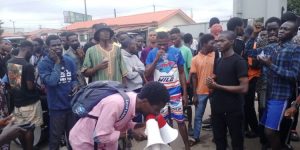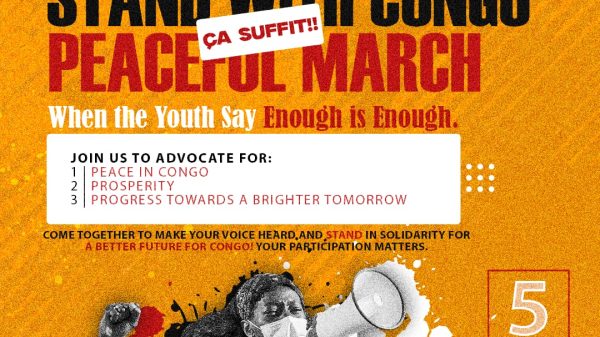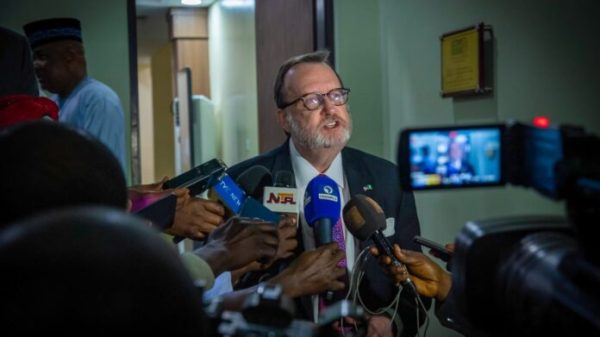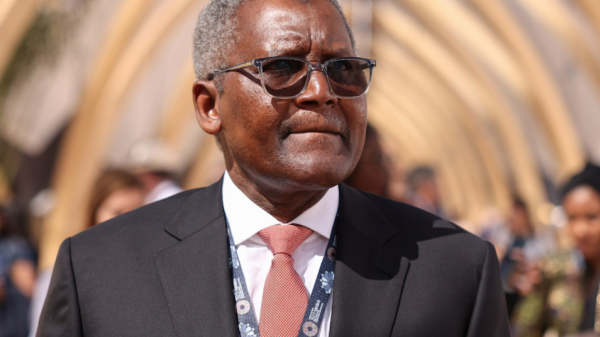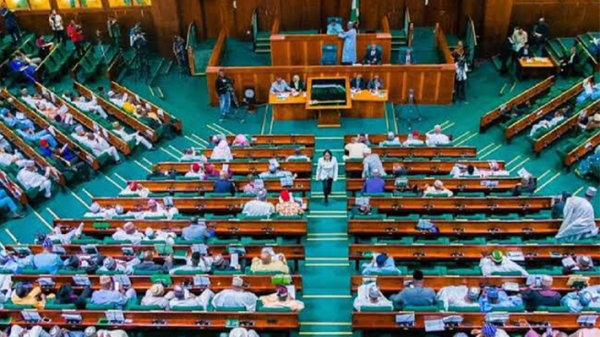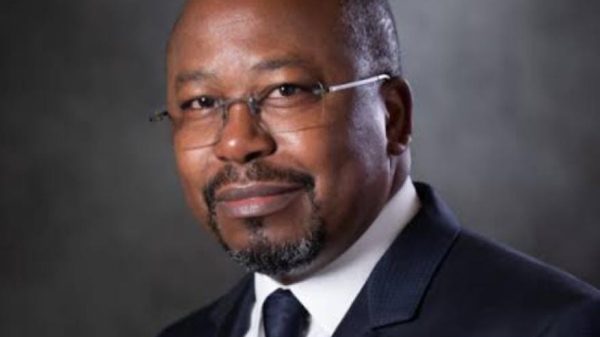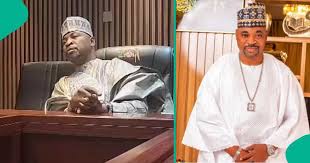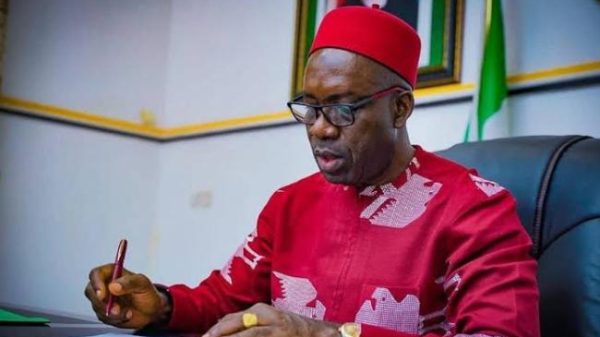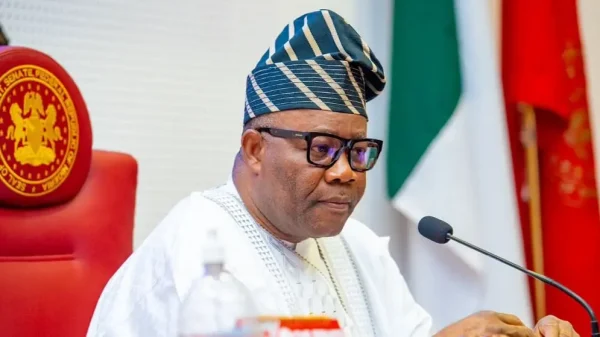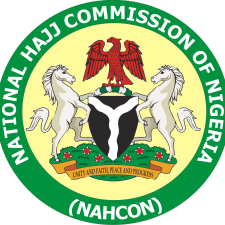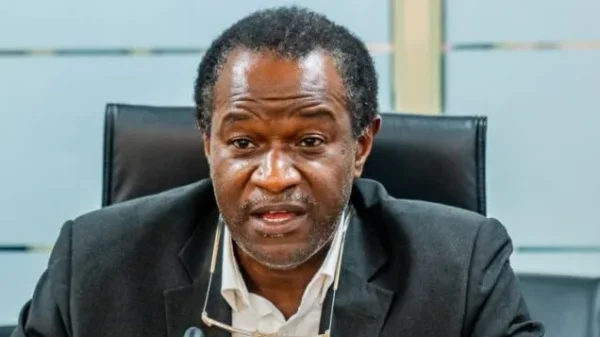Ibadan, August 30, 2024- The Students’ Union of the University of Ibadan has strongly opposed the recent increase in school fees announced by the university’s governing council. The decision has sparked widespread protests among the student body, who are demanding an immediate reversal of the fee hike.
The protest, which began on Friday night, saw students gathering on campus from 10:20 p.m. until 2 a.m., voicing their dissatisfaction with the new fees. The increase affects students across all levels from 100 to 400, leading to significant unrest within the university community.
In a statement, Union leaders including President Bolaji Aweda, Vice-President Bolutife Aboderin, and Secretary Daniel Elemide, made it clear that they reject the council’s decision. The statement called for a boycott of classes and demanded that the school fees portal be shut down within 24 hours.
“We reject the decision made by the council. We are embarking on a boycott of classes until our demands are fulfilled,” the union leaders declared, emphasizing that they would not back down until the fee increase is reversed.
The university’s governing council, in a statement signed by Registrar G.O. Saliu, defended the fee increase, citing recommendations from the university’s Senate. The council advised students to complete their registration by September 4 to avoid complications with the upcoming First Semester Examination. The statement also made it clear that the registration deadline would not be extended.
To assist students struggling with the increased fees, the council encouraged them to explore financial aid options such as the Nigerian Education Loan Fund (NELFUND) and various scholarships. However, the council stressed that the registration portal would close as scheduled, with no exceptions.
The ongoing protest highlights the growing tension between university administrations and students over financial matters, reflecting broader concerns about the rising cost of education in Nigeria. The outcome of this dispute may have lasting implications for student activism and university policies across the country.
